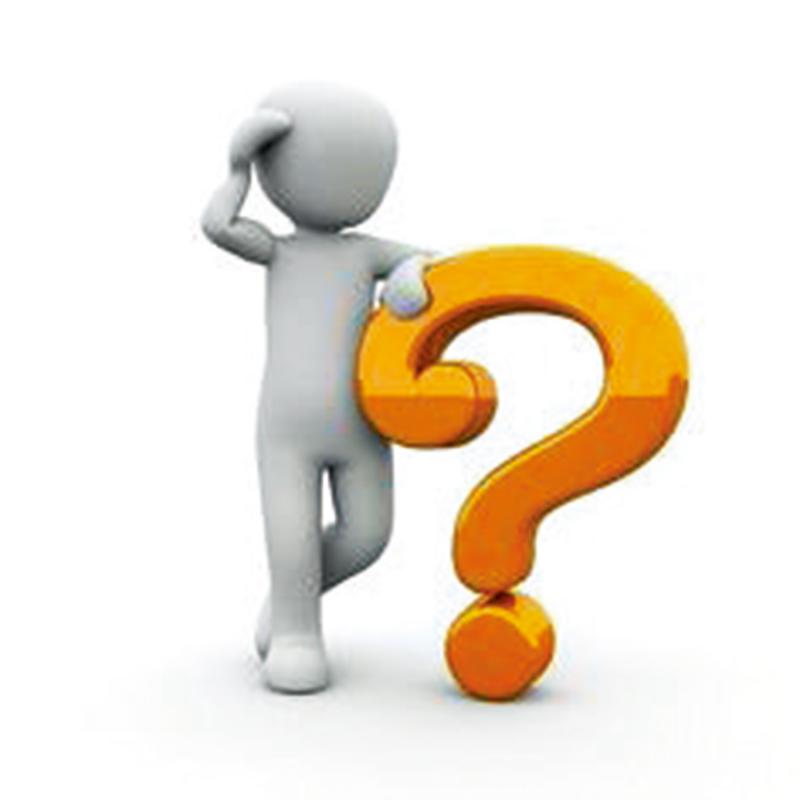
学生经常混淆这两个单字的用法。
BUT
我们一般使用"but"作为linking verbs,用来连接对比的想法。
I love spicy food, but my stomach does not like it.
"But"有时候也可以是"except"的意思。一般也是在all/anything/everything/nothing/nobody等等字眼之后。例如:
Nobody but the Principal was left in the classroom.
只有校长一人留在班房。
On summer holiday I do nothing {but} sunbathing and swimming.
暑假我只是晒太阳及游泳,什么都没有做。
但 "But for" 有着不同意思;看似有一点像条件句,一般带出事情没有发生的原因。例如:
The renovation would have been completed, but for the tile's supplier problem.
如果不是瓷砖供应商的问题,装修已经完成。
But for the global outbreak of the pandemic, our wedding would have been in Hong Kong City Hall in 2020.
如果不是全球疫情爆发,我们在2020年的婚礼应该在香港大会堂举办。
EXCEPT
"Except"用法可以是介绍主题或带出上下文,或者表示正式声明的例外。"Except"可以是介词(Prepositions)或连接词(Conjunctions)。作为介词,"except"意思跟"but"相同。例如:
I would have left the party earlier, except I bumped into my old friends.
本来我可以早一点离开派对的,就是因为碰到我的老朋友。
He has not talked to anybody except Miley.
除了Miley,他没有跟任何人说话。
except for意思是指不包括(apart from),一般之后会用单个名词,名词短语(noun phrase)或者状语短语(adverbial phrase)或一个wh-子句。也是在法律条文或正式文件会用到的字眼。例如:
Mary did not take away anything, except for a fountain pen.
玛莉没有拿走任何东西,除了一支钢笔。
作为一个连接词,"except"通常后面跟着that,它的意思是“只有”或“除了”。例如:
Little John knows nothing about Switzerland except that it is full of snowy mountains and scrumptious chocolate.
小约翰对瑞士一无所知,只知道有雪山及美味的朱古力。
下集继续讨论容易混淆的日常用语。
Miss Carol
资深英语老师、国际英文考试主考官;前大专院校导师及企业培训导师。